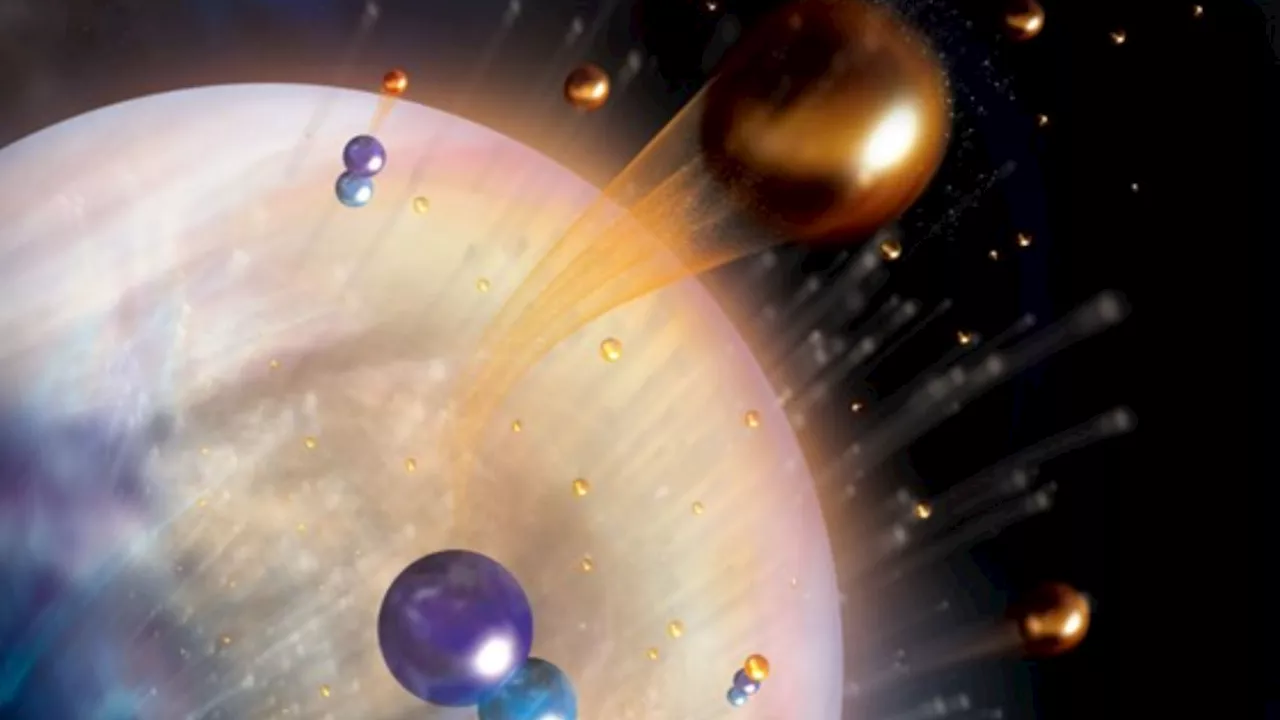Robert Lea is a science journalist in the U.K. whose articles have been published in Physics World, New Scientist, Astronomy Magazine, All About Space, Newsweek and ZME Science. He also writes about science communication for Elsevier and the European Journal of Physics. Rob holds a bachelor of science degree in physics and astronomy from the U.K.
Scientists may have identified a molecule that played a key role in robbing Venus of its water and turned this planet into the arid, hellish world we see today.is often called"Earth's twin" because both planets are around the same size and density; they are also both rocky planets located in the inner region of the solar system.
"Water is really important for life," Eryn Cangi, co-team leader and a scientist with the Laboratory for Atmospheric and Space Physics deep. Doing the same for Venus, stripping the remaining water from the atmosphere would create a global layer just 1.2 inches deep. "As an analogy, say I dumped out the water in my water bottle," Cangi said."There would still be a few droplets left."
HCO+ lacks the electrons needed to balance the positive charge of the molecule's protons, and is thus positively charged . "One of the surprising conclusions of this work is that HCO+ should actually be among the most abundant ions in the Venus atmosphere," Chaffin said.
Indonesia Berita Terbaru, Indonesia Berita utama
Similar News:Anda juga dapat membaca berita serupa dengan ini yang kami kumpulkan dari sumber berita lain.
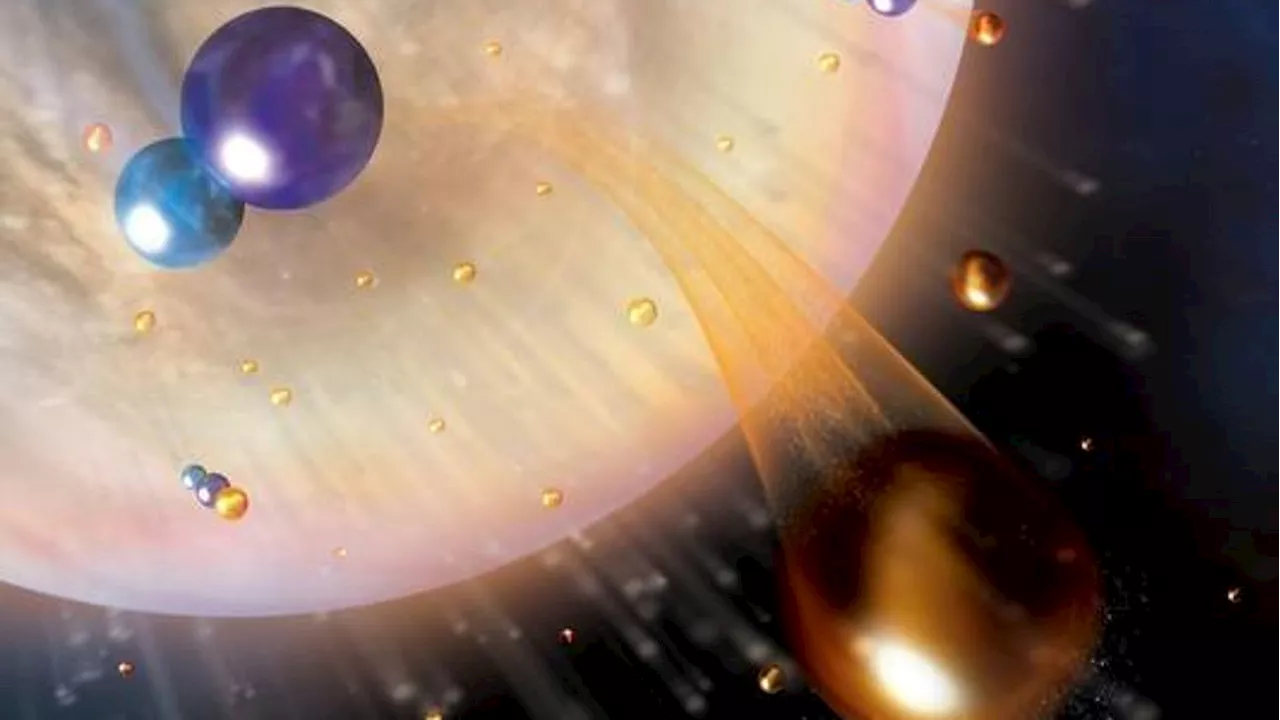 This Is Why Venus Is 100,000 Times Dryer Than Earth, Say ScientistsI'm an award-winning journalist writing about the night sky and eclipses.
This Is Why Venus Is 100,000 Times Dryer Than Earth, Say ScientistsI'm an award-winning journalist writing about the night sky and eclipses.
Baca lebih lajut »
 Why on Earth do we celebrate Earth Day?Earth day is coming up on Monday but do you know what Earth Day actually is. Or why we celebrate?
Why on Earth do we celebrate Earth Day?Earth day is coming up on Monday but do you know what Earth Day actually is. Or why we celebrate?
Baca lebih lajut »
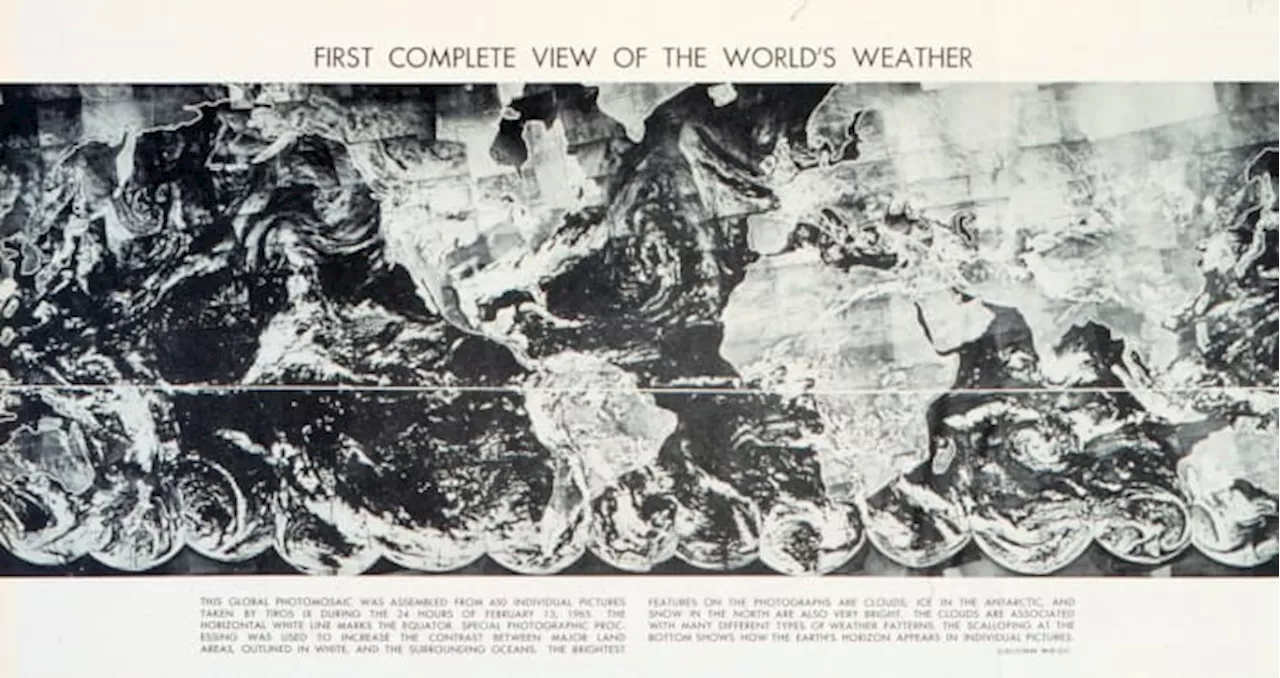 Celebrating Earth Day: The first satellite images of the earth were taken 64 years agoTIROS 1 was the first weather satellite, launched in 1960
Celebrating Earth Day: The first satellite images of the earth were taken 64 years agoTIROS 1 was the first weather satellite, launched in 1960
Baca lebih lajut »
 Compared to billions of years ago, Venus has almost no water: New study may reveal whyPlanetary scientists at the University of Colorado Boulder have discovered how Venus, Earth's scalding and uninhabitable neighbor, became so dry.
Compared to billions of years ago, Venus has almost no water: New study may reveal whyPlanetary scientists at the University of Colorado Boulder have discovered how Venus, Earth's scalding and uninhabitable neighbor, became so dry.
Baca lebih lajut »
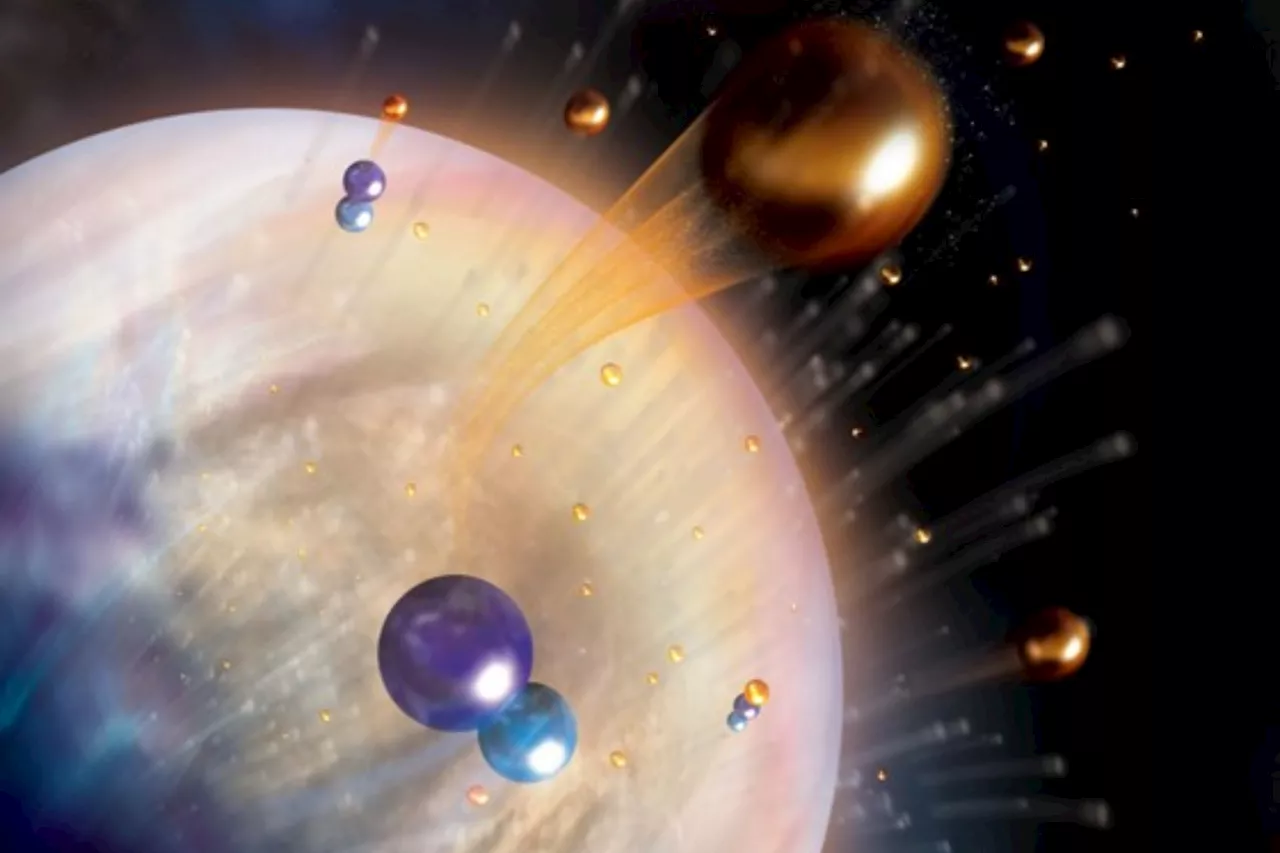 Scientists May Have Solved Mystery of Venus' Lost WaterVenus is thought to have once had a lot of water, though how the water escaped from its atmosphere has puzzled scientists.
Scientists May Have Solved Mystery of Venus' Lost WaterVenus is thought to have once had a lot of water, though how the water escaped from its atmosphere has puzzled scientists.
Baca lebih lajut »
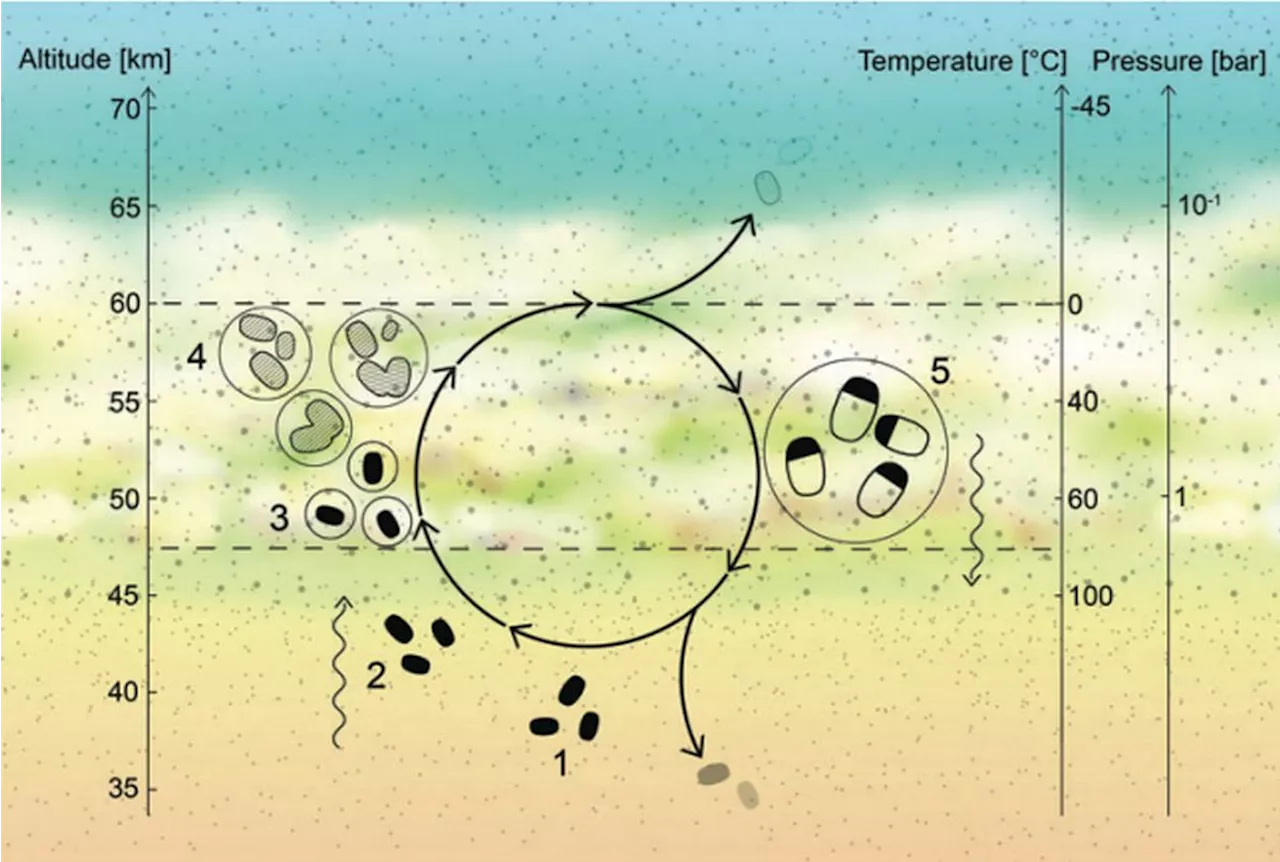 Could Life Exist in Water Droplet Worlds in Venus' Atmosphere?Can life exist on Venus? Not on the surface, but it may be able to sustain itself in Venus persistent clouds.
Could Life Exist in Water Droplet Worlds in Venus' Atmosphere?Can life exist on Venus? Not on the surface, but it may be able to sustain itself in Venus persistent clouds.
Baca lebih lajut »
